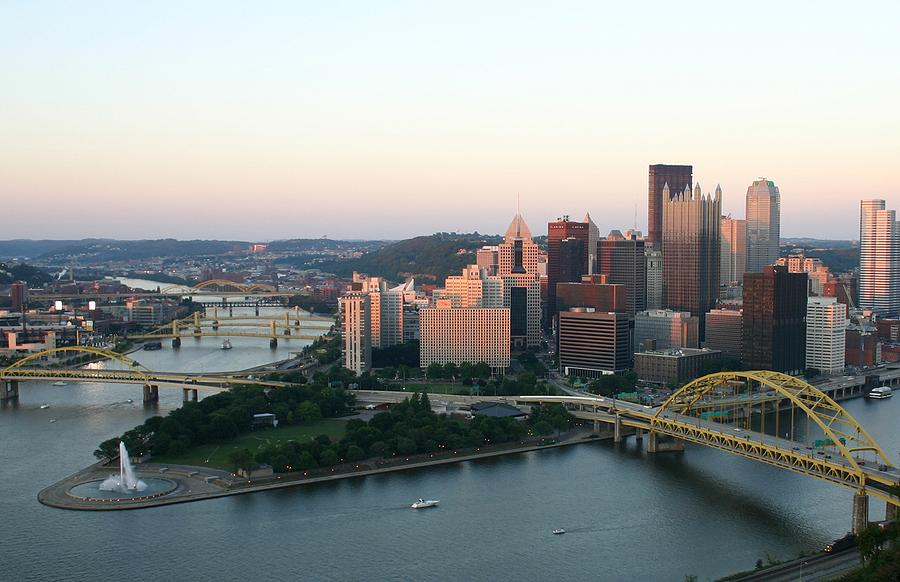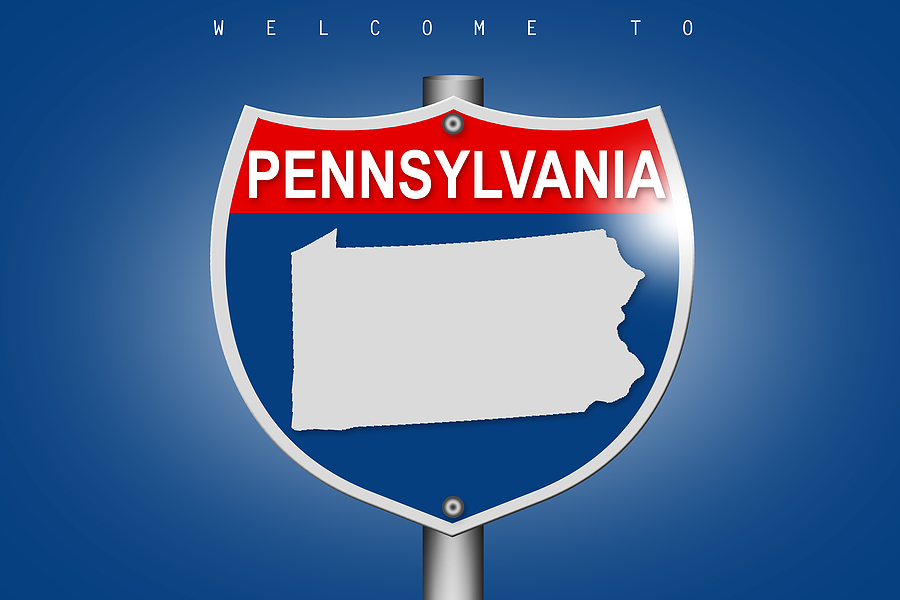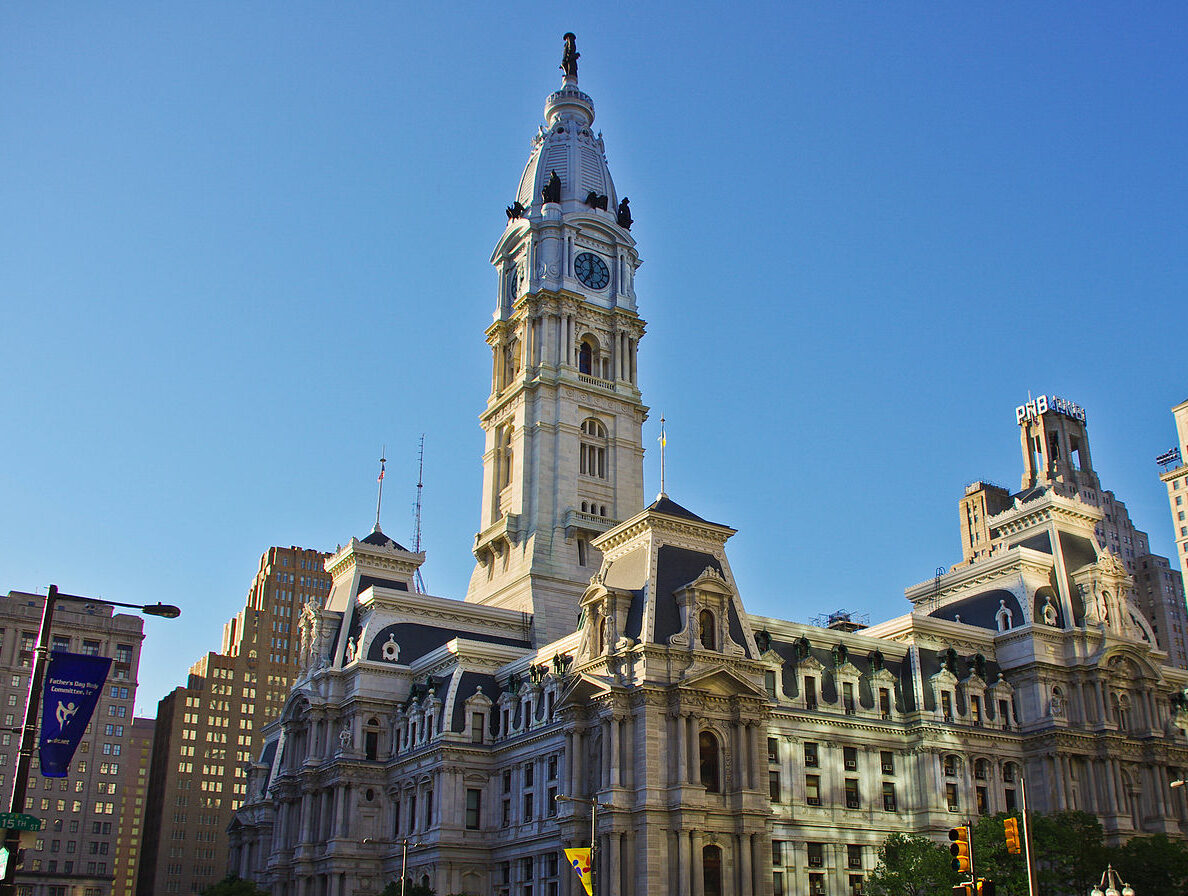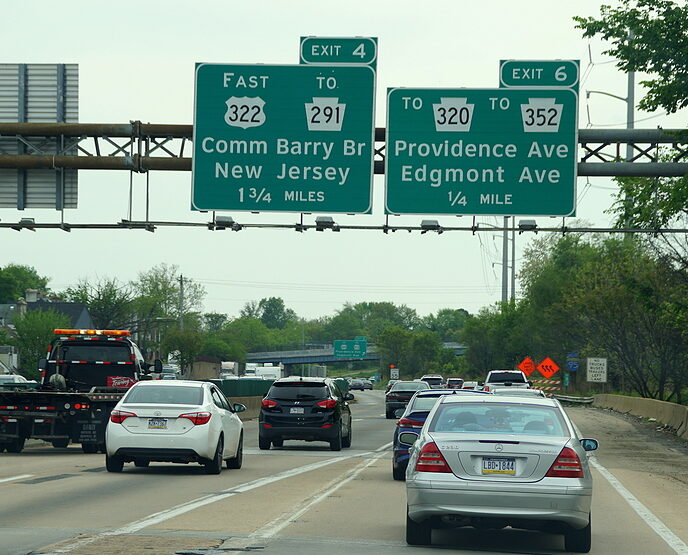Pittsburgh Is Top Ten for Job Seekers While Philly Can’t Make Top 100. Why?

The Eagles may fly, and the Steelers may stink, but when it comes to jobs, Pittsburgh is kicking Philly’s economic aspirations.
The question is, why?
A new WalletHub data analysis ranked Pittsburgh as the eighth-best city in America for job seekers, while Philadelphia was far in the back of the pack at 142nd. It’s not just that Philly is trailing the Steel City. The Delaware Valley’s economic hub can’t keep up with Rochester, N.Y., Toledo, Ohio, or Jersey City, N.J.
Now that hurts.
America’s top city for jobseekers is Scottsdale, Ariz., followed by Tampa, Salt Lake City, and Columbia, Md.
“The stark contrast between Philadelphia and Pittsburgh in the 2024 job market rankings highlights the critical role of location in shaping employment prospects,” said Wallet Hub analyst Cassandra Happe. “With Pittsburgh securing an impressive 8th position and Philadelphia lagging at 142, the disparity underscores the multifaceted nature of job markets, encompassing factors such as job opportunities, employment growth, and socio-economic conditions.”
Allegheny Councilman Sam DeMarco III said some reasons for Pittsburgh’s favorability for job seekers are a higher unemployment rate of 3.7 to Philadelphia’s 3.5. There’s also a larger portion of aging residents in Pittsburgh, with 15.1 percent 65 or older compared to 14 percent in Philadelphia.
Allegheny County has also lost 12,000 residents in the last decade, DeMarco noted.
“We have a tight labor market,” said DeMarco. He noted a 2016 report on the Pittsburgh-area labor market showed those trends, saying more skilled employees are needed as Baby Boomers retire.
None of the Philadelphia city officials contacted by DVJournal would comment. Nor would the Philadelphia Chamber of Commerce.
Perhaps out of embarrassment?
Not all the news about Philly is bad, said Happe. “Philadelphia has a higher monthly average starting salary and industry variety” than Pittsburgh, she said.
However, “Pittsburgh excels in job opportunities, employment growth, lower unemployment rate, higher job security, higher median annual income, and slightly shorter work and commute time,” said Happe. “These factors contribute to the overall contrast in their rankings for the best cities for jobs in 2024.”
The U.S. Bureau of Labor Statistics reported last Friday the total nonfarm payroll employment increased by 216,000 in December, and the unemployment rate remained at 3.7 percent.
Employment continued growing in government, health care, social assistance, and construction, while transportation and warehousing lost jobs.
Ralph E. McKinney at Marshall University’s Lewis College of Business said he believes fields associated with personal services “will see the greatest growth.”
“The healthcare industry has a critical need for nurses, caregivers, and supportive specialists. Although AI can process information more quickly than human counterparts, there is a need for individuals to supervise and review analysis. Finally, occupations in the trades (e.g., electricians, plumbers, and welders) are expected to increase,” McKinney said.
WalletHub also ranked Pittsburgh high in its best and worst places to start a career. The Steel City came in at 10th place, with Atlanta as the best. Philadelphia came in at 121.
The website used data ranging from unemployment rates to median salaries to housing and transportation costs in its evaluation.
DeMarco noted Pittsburgh has all the advantages of city life, such as cultural amenities and top-notch medical facilities, with a much lower crime rate than Philadelphia. With 300,400 residents, there were 52 murders last year. Philadelphia had 410 homicides with 1.5 million residents.
“Crime is nowhere near as bad as Philly,” said DeMarco.





